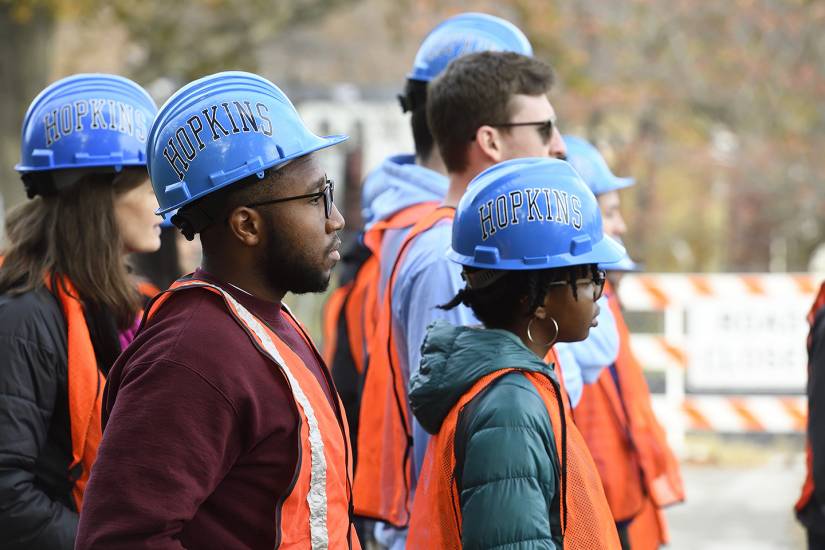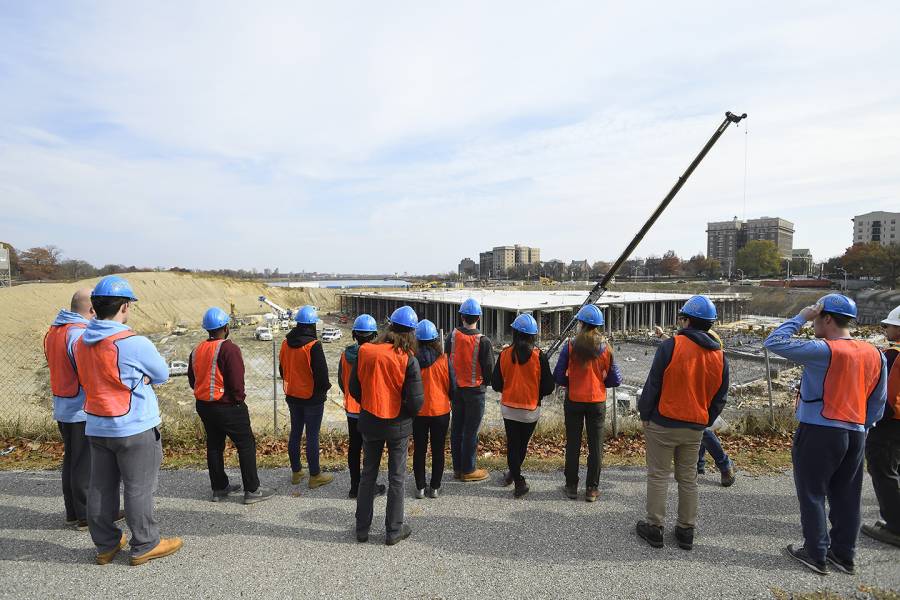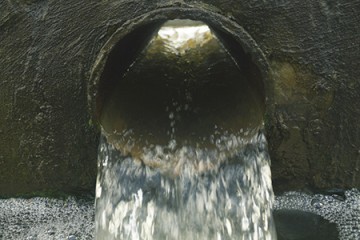To ensure the continued leadership of Johns Hopkins in the field of civil engineering and to meet society's needs for the improved safety, security, and resiliency of an increasingly fragile infrastructure, the Whiting School of Engineering has reimagined its Department of Civil Engineering to create the Department of Civil and Systems Engineering.
Thought to be the only such program of its kind, Civil and Systems Engineering—CaSE, for short—builds on the existing department's substantial, longstanding strengths while expanding the scope of its research and mission, according to Lori Graham-Brady, who served as the chair of civil engineering and will continue that role in the newly created department.
"We make this move with one goal in mind: to prepare students to address the complexity of major challenges facing society in the coming decades," Graham-Brady says. "Academics and research will be outward-facing, recognizing that infrastructure is defined not only by the built environment, but also by how that built environment interacts with its inhabitants and the societal systems it supports. We call this new vision 'civilization engineered.'"
The pairing of systems and civil engineering is natural, and one that the department has been moving toward in recent years, as core faculty members with strength and experience in systems have joined, says Graham-Brady. She points out that systems research has evolved into an interdisciplinary field connecting engineering, mathematics, social and physical sciences, and medicine—all of which must be employed by today's civil engineers in order to address the intertwined engineering and sociotechnical systems lying at the core of what she calls "society's grand challenges."
These include human safety and security, space exploration and habitation, decision making and health, future energy infrastructure, and urban resiliency. Addressing these challenges will be the new department's focus.
"These challenges define the frontiers of future infrastructure, which will require engineering innovation in order for society to thrive in a rapidly changing environment," Graham-Brady says.

Image credit: Will Kirk / Johns Hopkins University
CaSE comprises current faculty, staff, and students from the former civil engineering department, and all student degree programs currently offered will remain unchanged while the department seeks approval for adding systems engineering degree programs. Once in place, these new degree programs will complement the part-time Masters in Systems Engineering offered in the Whiting School's Engineering for Professionals program.
The expansion of the department's focus is expected to lead to increased partnership with other divisions of Johns Hopkins, including the addition of faculty positions, the development of innovative courses and full-time degree programs, and new funding opportunities related to current and emerging topics in civil and systems engineering.
"This represents much more than just a name change," said Ed Schlesinger, dean of the Whiting School. "It reflects a broadening of the perspective beyond traditional civil engineering and a commitment to tackling bigger challenges in our society—challenges that go beyond just the built infrastructure and which include the communications, energy, transportation, health, and other systems that are all part of the larger 'system' in which we live."
Posted in Science+Technology, University News











